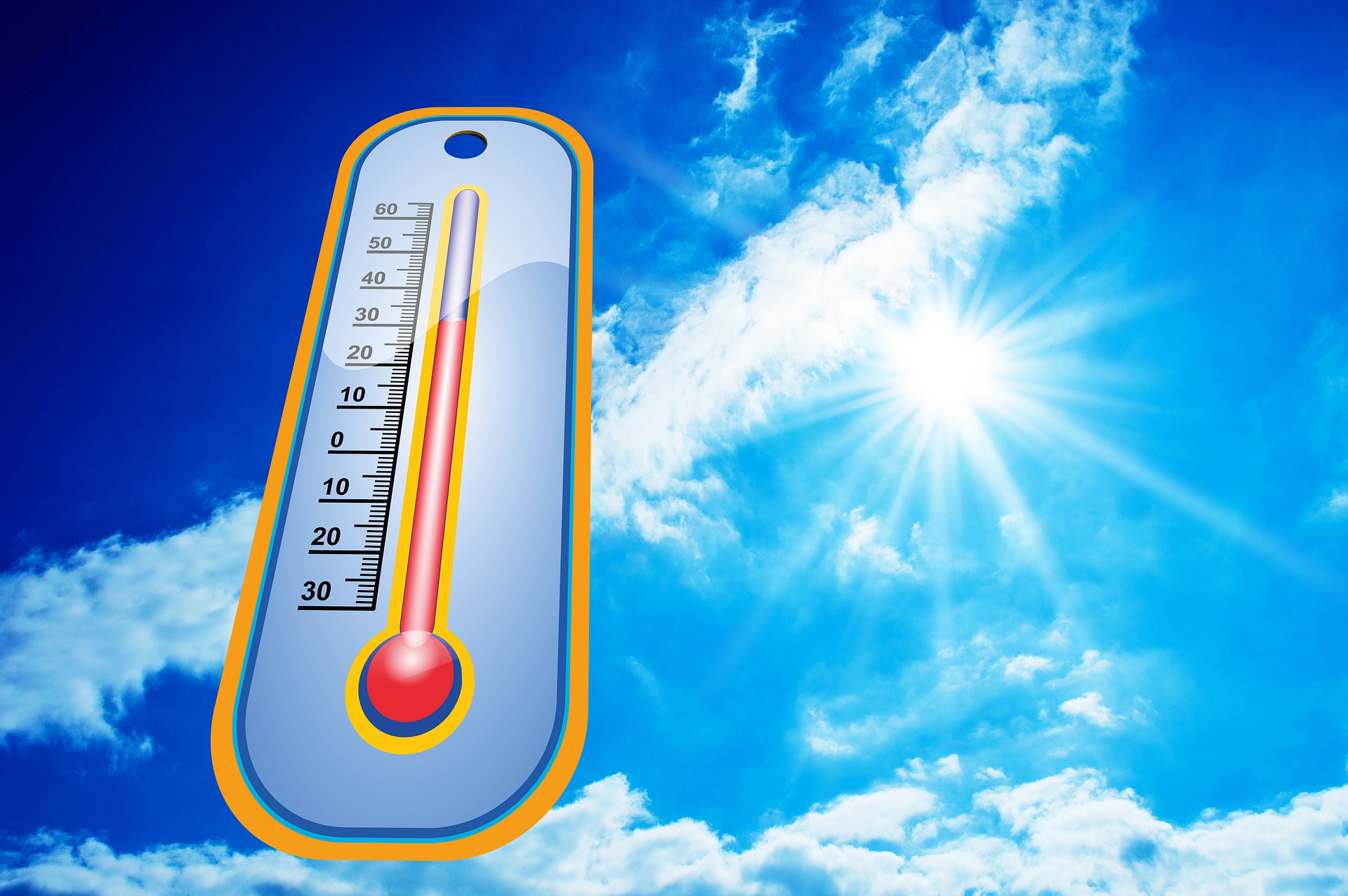Earlier this year during some unusually harsh winter weather, we published a post detailing the problems that extreme cold can cause in your hardware. We also discussed some measures that tech savvy firms can take to protect themselves.
With June just around the corner, many may be wondering if they should take any preventative measures for the summer heat. The National Weather Service predicts that temperatures in the Cincinnati area could reach into the 90s next week, so now is the time to prepare.
Hot Topics
As we pointed out in our winter weather post, there are, in fact, more problems associated with extreme heat than extreme cold when it comes to IT hardware. In some cases, too much heat can lead to melting and other damage in the materials used to construct hard drives and other memory components, wiping out any data within. But that's a worst-case scenario, one whose likelihood is offset by modern innovations in engineering.
What's more likely is a slow-down in processing. Heat decreases electrical resistance, enabling electricity to move through your devices more quickly, which can, in turn, generate even more heat. To compensate for this, many computers are programmed to slow down once they reach a certain temperature threshold. Some will even shutdown automatically to prevent damage.
Personal Solutions
For personal devices like PCs and laptops, there are a few basic preventative measures you can employ to prevent heat buildup, whether it's coming from the surrounding environment or from running the device itself. Most computers are equipped with fans, which keep the components cool. These can sometimes build up dust, preventing the intake from drawing in cool air, so be sure to clean up any dust that's gathered along the fan. Moreover, broken fans should be replaced as soon as possible (luckily, they're pretty cheap compared to other hardware.)
Damaged or poorly constructed batteries can also lead to overheating and, in some cases, fires and explosions. If you suspect your battery is damaged in any way, or if it starts to heat up unexpectedly, disconnect it from any power source, remove it if you're able and have a professional examine it.
Finally, never leave your devices outside in the heat or in direct sunlight for long periods of time.
Business Solutions
When it comes to larger hardware like server racks and data rooms, you'll need to take more proactive measures to prevent overheating. As such, it's good to have plans in place to prevent server shutdown and damage. At the very least, this should include enough space between running devices, well-thought out ventilation for maximum air flow, reliable climate control and effective insulation. For larger rooms, it may be prudent to install a fire suppression system as well. RackSolutions, a private company based in Texas that manufactures server rack parts, has a handy summary detailing the bare minimum for taking care of a server room.
Depending on your sector, you may need help maintaining your in house server hardware, or you may just need some tips on keeping your office laptops in shape throughout the summer months. In either case, Titan Tech has your back when it comes to taking care of your equipment. Contact them today for more information.
And join us next week for more tech news.

